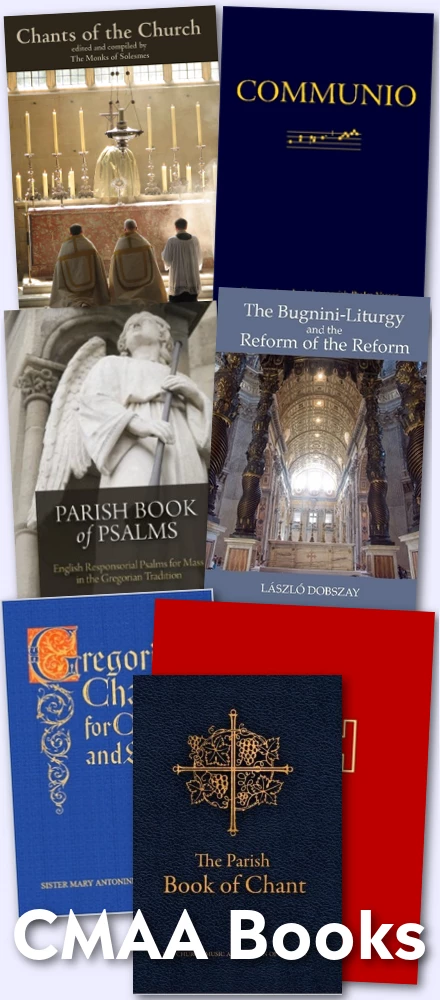This afternoon His Holiness addressed the French Bishops gathered with him in Lourdes. These are (according to Andrea Tornielli, official source when it becomes available) his words regarding his Motuo Proprio Summorum Pontificum:
Some fruits of these new provisions have already manifested, and I hope that the indispensable pacification of spirits is, by the grace of God, coming about. I appreciate the difficulties that you encounter, but I have no doubt that you can achieve within a reasonable time satisfactory solutions for all, so that the seamless robe of Christ does not tear further. No one is too many in the Church. Everyone, without exception, must be able to feel at home, and never (must he feel) rejected.
UPDATE
The French Episcopal Conference has now released the original of Pope Benedict's allocution. My translation of the entire parapgraph in the French original is:
The liturgical cult is the supreme expression of priestly and episcopal life, as also of catechetical teaching. Your duty of sanctification of the people of the faithful, dear brothers, is essential to the growth of the Church. I was prompted to specify in the Motu proprio Summorum Pontificum, the conditions of the exercise of this duty, regarding the possibility of using just as well the missal of Blessed John XXIII (1962) as that of Pope Paul VI (1970). Fruits of these new provisions have already seen the light of day, and I hope that the indispensable pacification of spirits is, thanks be to God, coming about. I appreciate the difficulties that you encounter, but I have no doubt that you can achieve within a reasonable time satisfactory solutions for all, so that the seamless robe of Christ does not tear further. No one is too many in the Church. Everyone, without exception, must be able to feel at home, and never (must he feel) rejected. God who loves all men and does not want to lose any entrusts to us this mission of pastors by making us the Shepherds of his sheep. We can but thank him for the honour and trust that he has placed. Let us strive therefore to be always servants of unity!




















